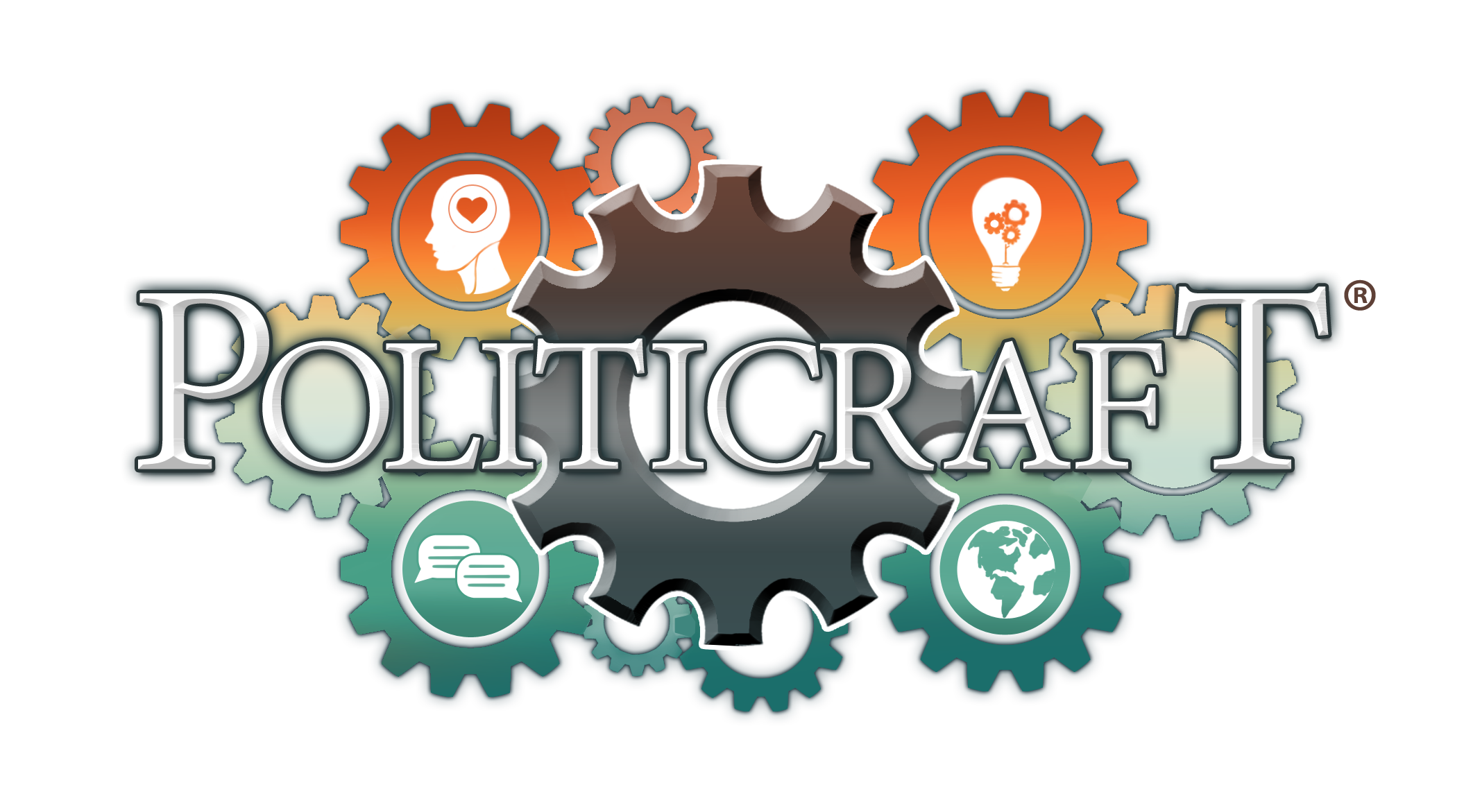Does Game Based Learning Actually Work?
Reaching students is something that teachers strive for on a daily basis, using various techniques and strategies to try and make it happen. When it comes to the concept of game based learning, there are avid proponents who see it as a way to develop positive behavioral instincts, while opponents dismiss it as something that takes away from the learning process.
In truth, there’s nothing wrong with educational games that help deliver the right message, since they're something that helps promote greater engagement. With that sort of connection, the belief is that there’s a much better chance of the student absorbing all that such lessons have to offer. Such thinking then helps broaden the scope of the individual’s development.
The Realities of Life
When it comes to game based learning, the student will have the opportunity to see within the context of the game that winners and losers exist. That’s something that plays out in everyday life, no matter what facet of society is viewed. Thus, that student is able to realize that they may achieve success or experience failure, sometimes regardless of the amount of effort they put into something.
Using games as a conduit for teaching allows for the high-pressure stakes that may be a part of the above scenarios to be avoided. Such circumstances may help engender the sort of risk-taking that would ordinarily be applauded in areas like the entrepreneurial world. Eliminating such risks could set the stage for individuals to simply go with the flow in their later years, due to fearful concerns of failure.
Developing Strategic Interests Through Cards
Using card games to deliver a message is something that holds the promise of offering quick feedback when it comes to testing out different strategies. Many such card games can be completed quickly, which means that multiple interactions can be completed in rapid fashion. This holds out the hope that the methods used to emerge victorious or the mistakes made when going down to defeat can be adapted to real-life situations in the future.
Educational games of any nature don’t always have to be based on one-on-one interactions. The best games in this realm find a way to work in collaboration with others into the overall framework, since most jobs require at least the idea of teamwork in order to fulfill any necessary obligations.
Reaching for Bigger Things
Two key areas when learning through games that lend themselves to future positive development are the establishment of certain thresholds that have to be reached, followed by pinpointing the goals to seek. Without something to strive for, either in a game or life, there seems little purpose toward taking part.
However, goal-oriented games can be used as a metaphor toward showing such things as the continued value of education or the need to continue having competitive challenges. This sort of structure is something that can be developed in a less-pressurized atmosphere.
The Value of Civics
When it comes to civics, teachers and parents often find children either disinterested in what that all entails or struggling to place it in the proper context with respect to their own lives. Politicraft seeks to combine the fun of card games with the importance of learning about civics to create a game based learning experience that gets results.
Children can learn without even realizing it, which shows that educational games like Politicraft’s particular focus can encompass the very best of this important subject. Contact us today to order your set to help children learn all about civics.
